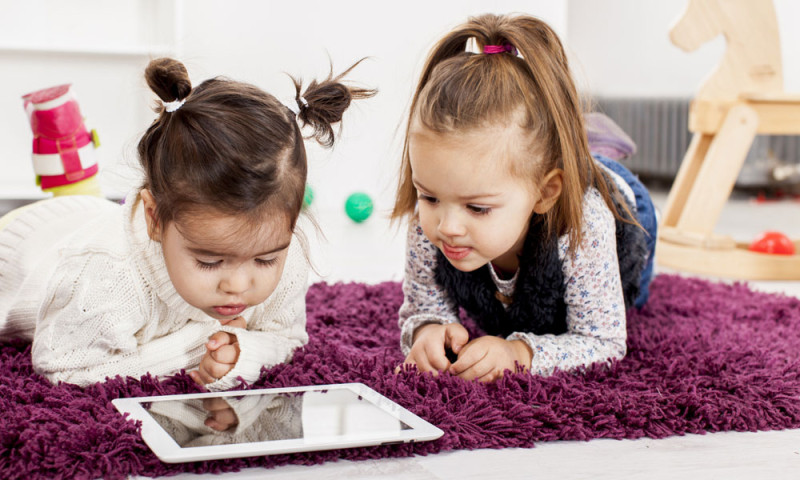How To Limit Screen Time For Kids

The days of playing outside until the street lights came on are a thing of the past. Crafting imaginary toys from newspaper and crowns from dandelions simply doesn’t happen anymore. The explosion of electronic devices, video games and TVs and laptops in every room is robbing an entire generation from developing a rich imagination. All too often busy and stressed parents are using screens as babysitters. While some programs might well tout themselves as educational, early child hood development experts agree that there is no substitute for creativity and imagination in the development of young minds. If it seems like a lost cause, it’s not. Slowly introduce ground rule for your kids and you’ll begin to see them change. Kids that engage in less screen time are not only more creative, but more social and by far more pleasant. It’s extremely difficult for young minds to sit passively absorbed in motion on a screen and immediately transition into an active environment. This generally results in huge mood swings.
Where age appropriate, engage your kids in the process of setting parameters for screen time. The more they are part of the process, the greater the chances they will willingly follow the new rules. If your children are accustomed to three and four hours of screen time a day, this won’t be an easy transition. If this is the case, there may be more success in reducing screen time in stages instead of harshly pulling the plug at once. You’re asking your kids to develop new habits and this doesn’t happen overnight. Initially, limit screen time to one hour per day on school nights and three hours per day on weekend evenings. This includes TV hours as well as games, videos and music video streaming. You’ll need to work with your kids to introduce other activities to fill the time they’ve been spending passively watching screens. More than likely, you’ll begin to see school grades improve as well. Dinner table conversations are apt to be more pleasant and eventually creatively will return and your kids will truly be happier more imaginative individuals. As a parent you are making the right decision that will have a long term positive impact.


